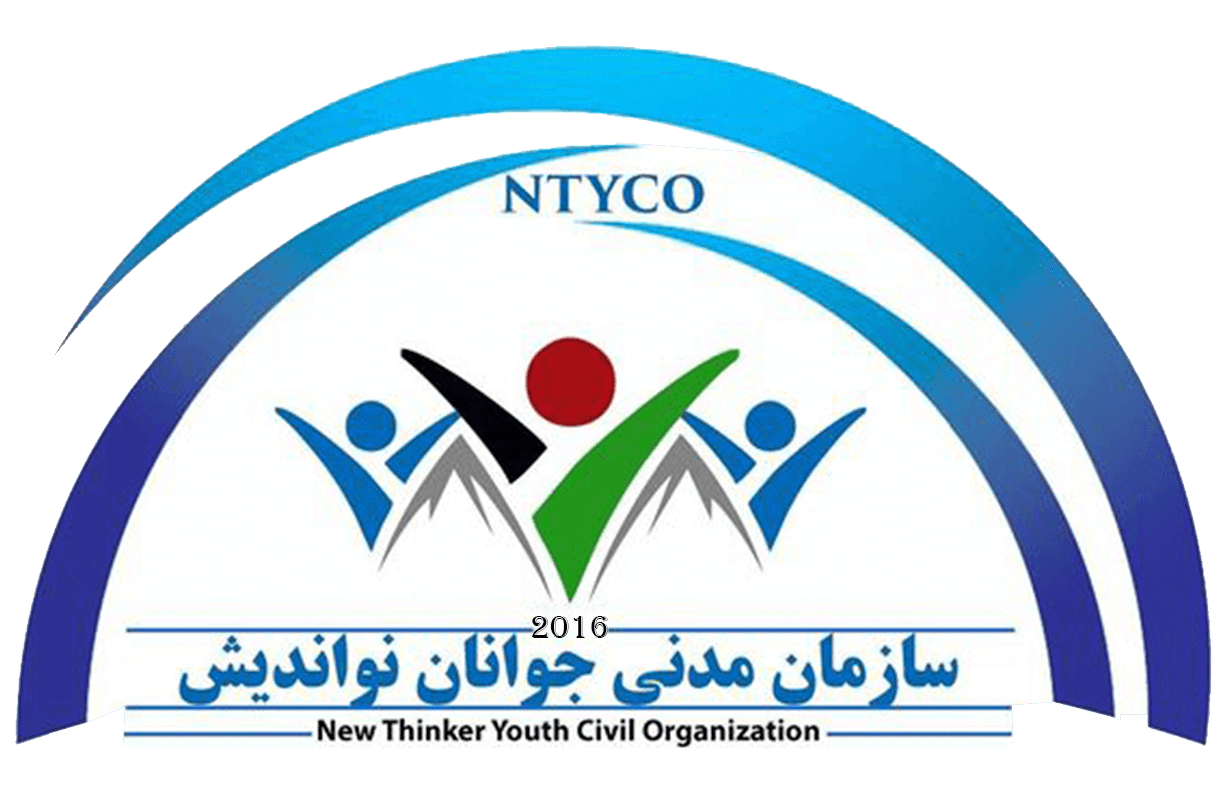Sustainable Development Goals (SDGs) and NTYCO’s Commitment
The Sustainable Development Goals (SDGs), adopted by the United Nations in 2015, represent a shared global blueprint for peace, prosperity, and a sustainable future by 2030. The 17 goals address urgent challenges ranging from poverty and education to gender equality, justice, and climate action.
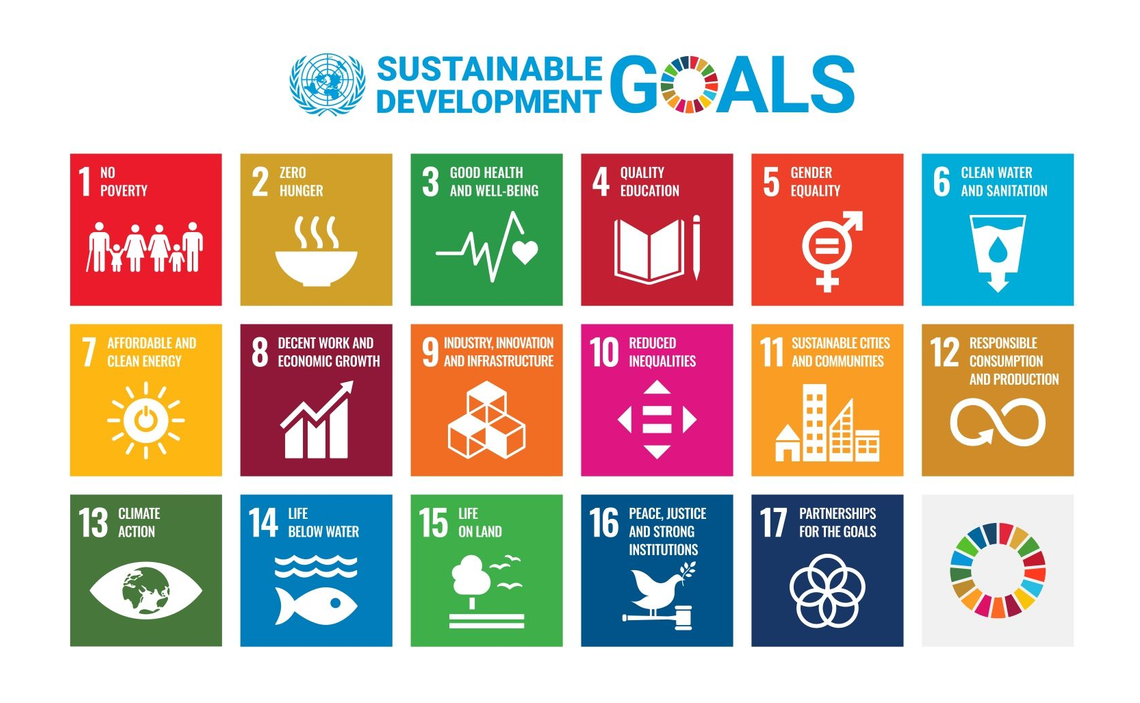
Through our work, NTYCO contributes directly to key goals such as:
• SDG 4: Quality Education
• SDG 5: Gender Equality
• SDG 10: Reduced Inequalities
• SDG 16: Peace, Justice and Strong Institutions
Our commitment is to localise these global goals for Afghan youth and communities, while also extending our impact to the international stage.
As a human rights defender and civil society organisation, NTYCO has been working for more than a decade to empower youth, advocate for women’s rights, expand educational opportunities, and strengthen democratic participation. Our initiatives, such as the Afghanistan Youth Government, Community Engagement, Youth and Women Empowerment, Advocacy for Human Rights, Partnerships with Universities, Education for Afghan Girls, One Voice for Peace, Advocacy for Accountability, Peace-Building and Conflict Resolution Workshops and Seminars, align with the SDGs' vision.
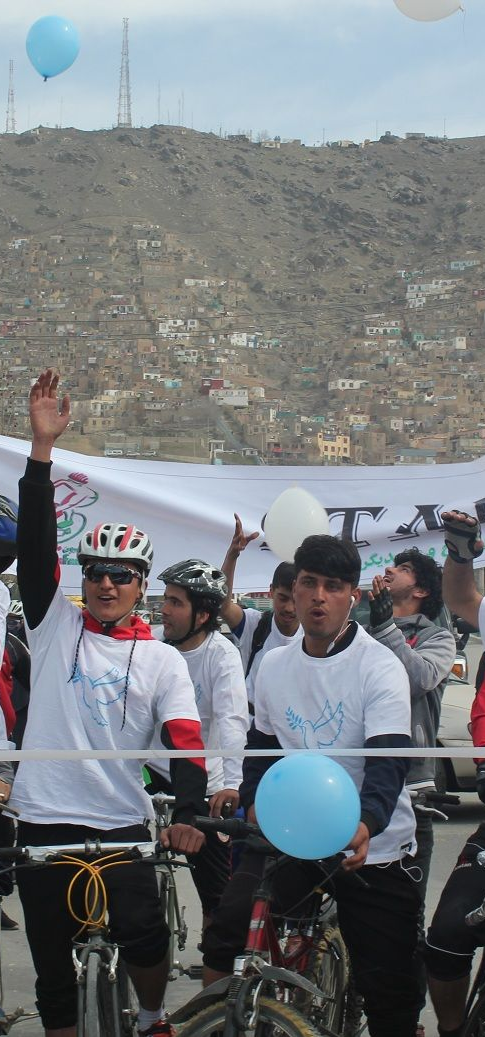
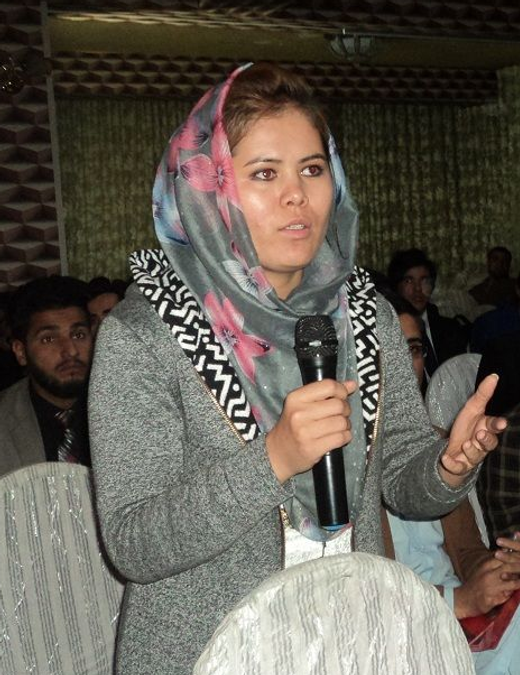
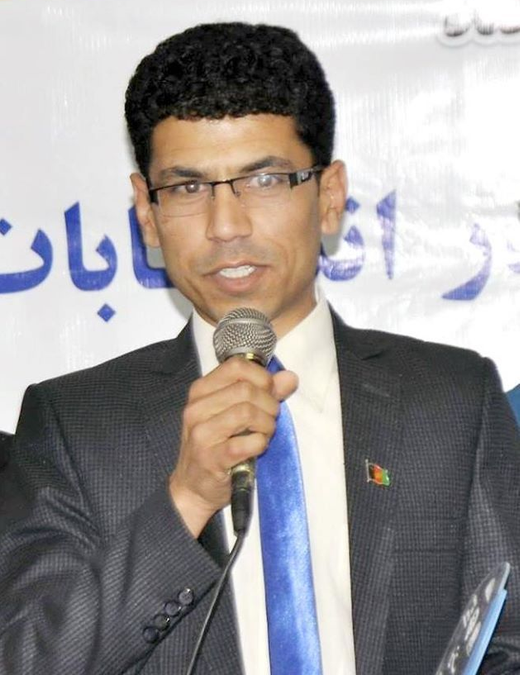
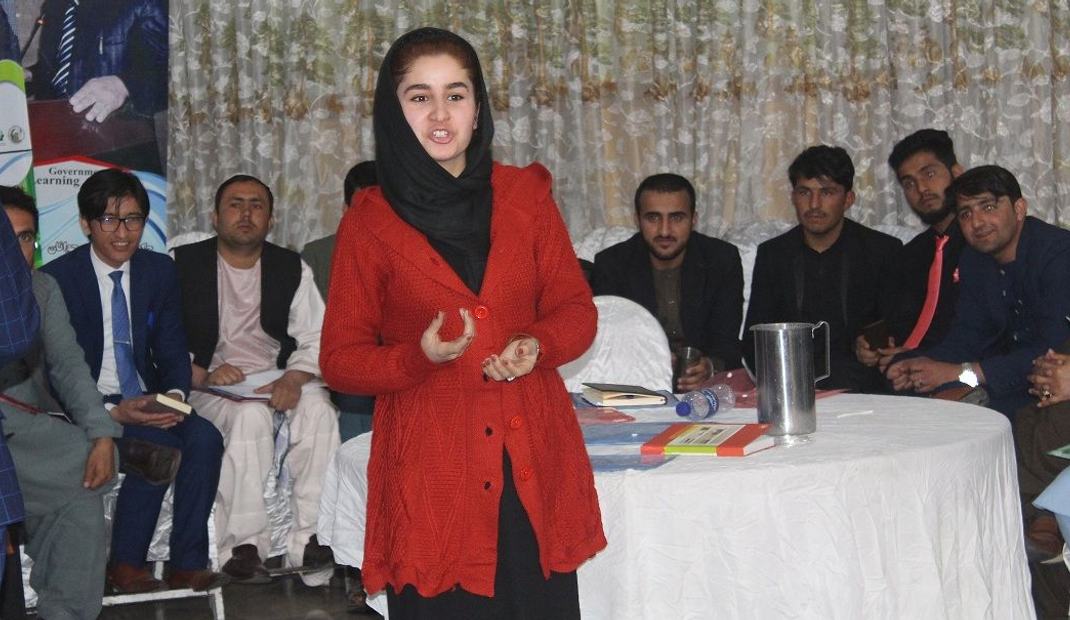
SDGs for a Better Future
NTYCO believes that empowering young people is the foundation of a just and prosperous society. Our work embodies our commitment to equal access to education, leadership opportunities, and closing the gender gap.
Democracy and peace are only possible when youth are given a platform to participate. NTYCO has pioneered spaces for political engagement among Afghan youth, both at home and now in exile.
We believe that by thinking globally and acting locally, Afghan youth will help shape a just and sustainable future for all.
NTYCO’s vision is rooted in global solidarity. By aligning our grassroots programs with the SDGs, we position Afghan youth as global actors of change. Over the next five years, our mission is to:
• Build partnerships with international organisations to localise the SDGs in practice.
• Strengthen international advocacy for justice, women’s rights, and accountability.
• Implement Youth Government simulations worldwide, empowering young leaders across borders.
• Expand education access for Afghan girls and youth in at home and in exile.
